Regulatory challenges
In 2024, the number of units sold by Chinese vendors to customers and businesses buyers on Amazon's global stores increased by over 20 percent year-on-year, data from Amazon showed.
Over the past two years, the number of Chinese sellers with sales surpassing $1 million on Amazon's global stores has increased by nearly 55 percent.
"Cross-border e-commerce platforms connect some key links covering procurement, sales and logistics, to provide a new and vital way for micro, small and medium-sized Chinese enterprises to expand their footprint abroad and create unprecedented new development opportunities," said Zhang Jianping, deputy director of the academic committee at the Chinese Academy of International Trade and Economic Cooperation.
The platforms are crucial in helping brands and manufacturers better grasp customer needs and quickly adjust product strategy and brand positioning, he added.
However, Chinese cross-border e-commerce platforms are facing mounting regulatory challenges in overseas markets amid rising trade protectionism and intensifying global competition.
The European Commission is studying a new tax on the revenues of online platforms and an administrative handling fee per item that would make most shipments less price competitive, according to recent media reports.
The commission also reportedly suggested scrapping a current 150-euro ($156) threshold under which items can be bought duty free. Under current EU regulations, packages purchased online from a non-EU country are not subject to customs duties if their value is under 150 euros.
The US government announced in September that it was moving to curb low-value shipments entering the US duty-free under the $800"de minimis" threshold that has been adopted by Chinese e-commerce firms.
A Shein spokesperson said in a statement that the company "makes import compliance a top priority, including the reporting requirements under US law with respect to de minimis entries".
Cui Lili, a professor of digital economy at Shanghai University of Finance and Economics, said Chinese online retailers who are making inroads into overseas e-commerce markets should quickly capture demand in overseas markets, have a deep understanding of relevant laws, regulations and quality standards in these countries, and adjust supply chains to make products that meet local requirements.








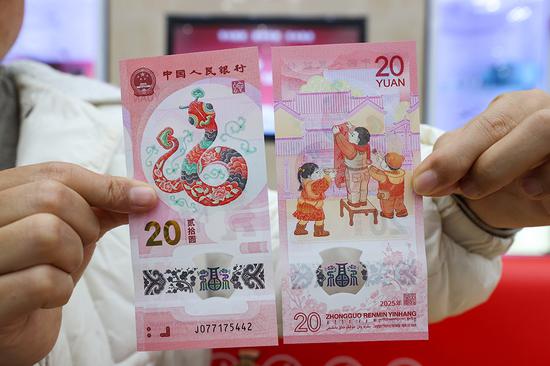


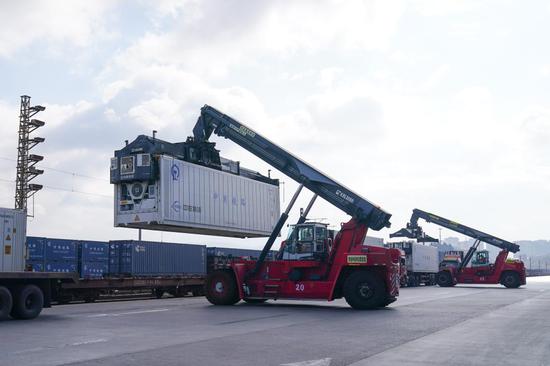







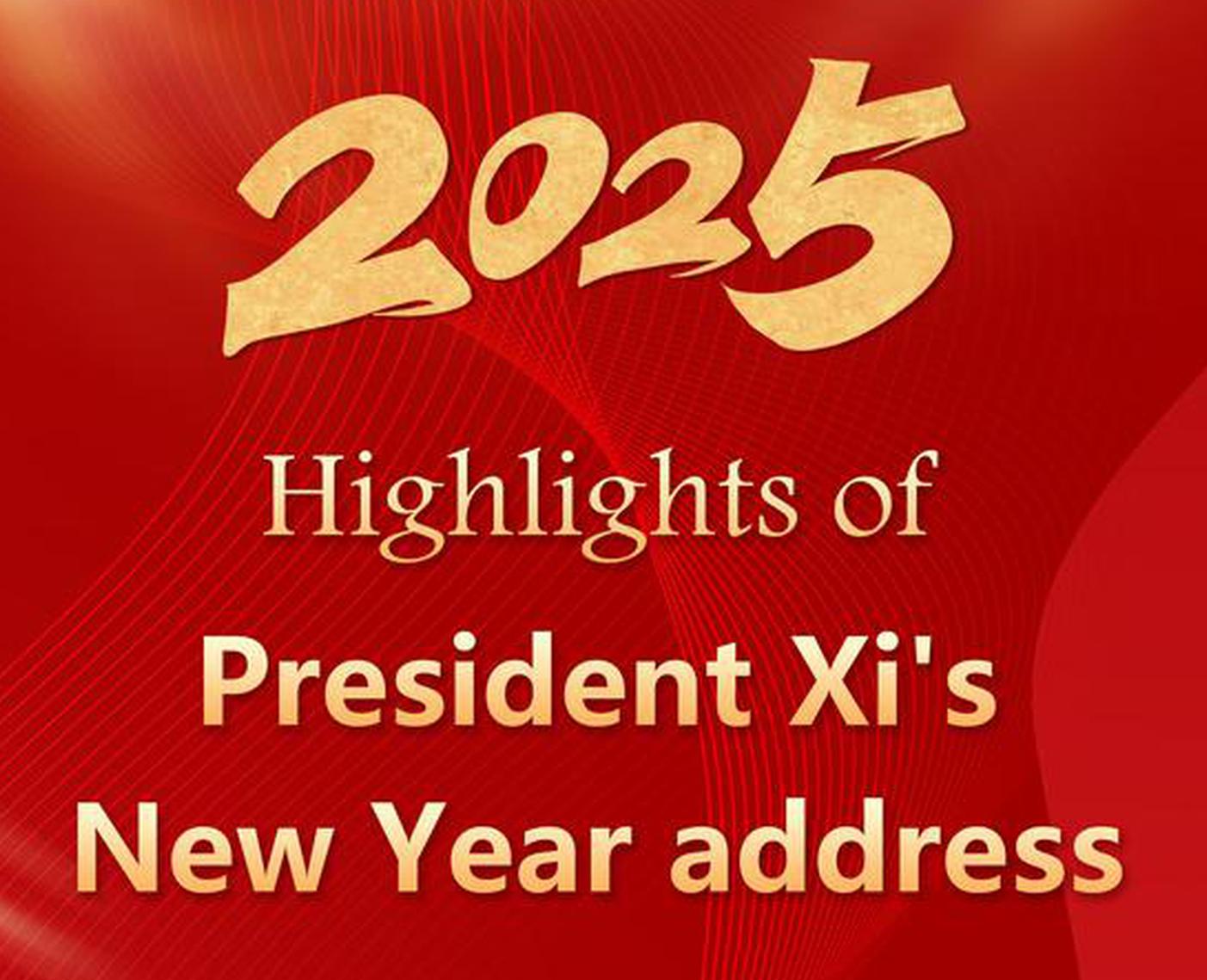






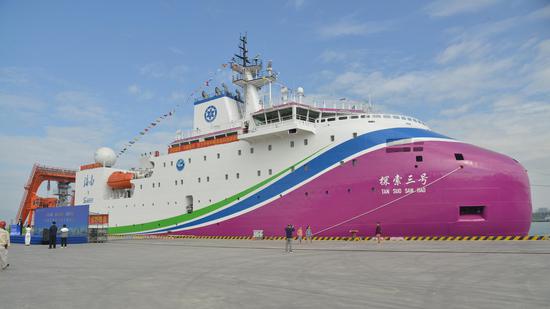



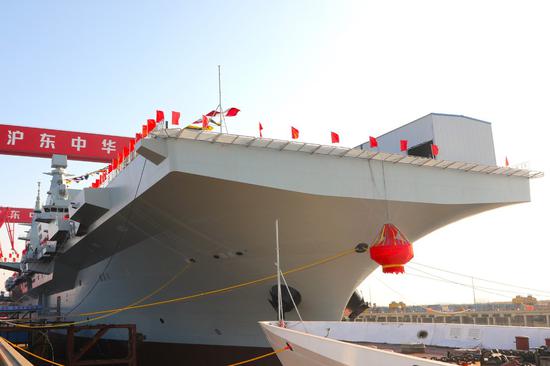
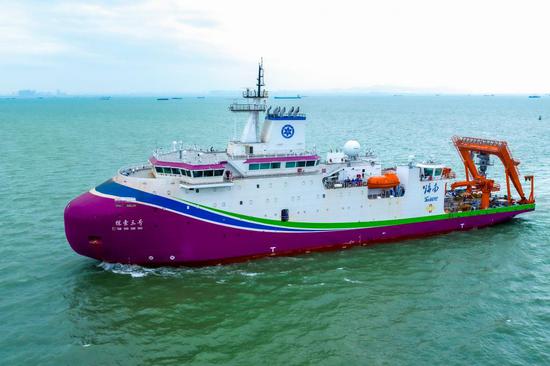


















 京公网安备 11010202009201号
京公网安备 11010202009201号
